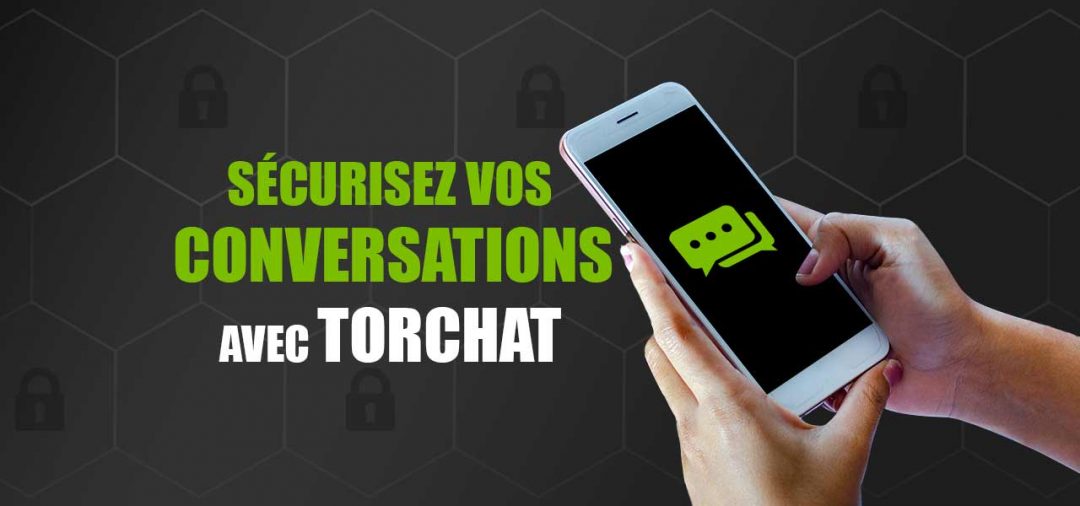

A new capability in jTorChat is the broadcast mode, which allows a user to send messages to everybody in the network, even if they are not in their buddy list. Filesharing, while implemented in the original TorChat, is not yet implemented in jTorChat.

Containing the latest Tor.exe, it is meant to emulate all the features of the original TorChat protocol, as well as extending the protocols for jTorChat-specific features. The binary (a Cocoa application) and source-code (Objective-C) bundled in an Xcode 7 project can be downloaded on SourceMac.Ī rewrite of the TorChat protocol in Java was created at the beginning of 2012, called jTorChat on Google Code. ForksĪ fork was released for OS X in the summer of 2010 by a French developer.
#2017 TORCHAT ID LIST UPDATE#
In December 2010, an official update finally became available that, among some minor bugfixes, also again included an up-to-date Tor.exe.
#2017 TORCHAT ID LIST PORTABLE#
The older Windows versions of TorChat were built with py2exe (since 0.9.9.292 replaced with pyinstaller) and came bundled with a copy of Tor readily configured so that it could be run as a portable application right off a USB flash drive without any installation, configuration or account creation.īetween 20 weren’t any updated packages, resulting in the bundled version of Tor becoming obsolete and unable to connect to the Tor network, which was the reason for the appearance of forks that basically just replaced the bundled Tor.exe with a current one. It is written in Python and used the cross-platform widget toolkit wxPython which made it possible to support a wide range of platforms and operating systems. The first public version of TorChat was released in November 2007 by Bernd Kreuss. Since Tor hidden services can receive incoming connections even if they are behind a router doing network address translation (NAT), TorChat does not need any port forwarding to work. TorChat clients communicate with each other by using Tor to contact the other’s hidden service (derived from his ID) and exchanging status information, chat messages and other data over this connection. This ID will be randomly created by Tor when the client is started the first time, it is basically the. In TorChat every user has a unique alphanumeric ID consisting of 16 characters. TorChat is free software licensed under the terms of the GNU General Public License (GPL). The characteristics of Tor’s hidden services ensure that all traffic between the clients is encrypted and that it is very difficult to tell who is communicating with whom and where a given client is physically located. It provides cryptographically secure text messaging and file transfers. TorChat is a decentralized anonymous instant messenger that uses Tor hidden services as its underlying network.


 0 kommentar(er)
0 kommentar(er)
